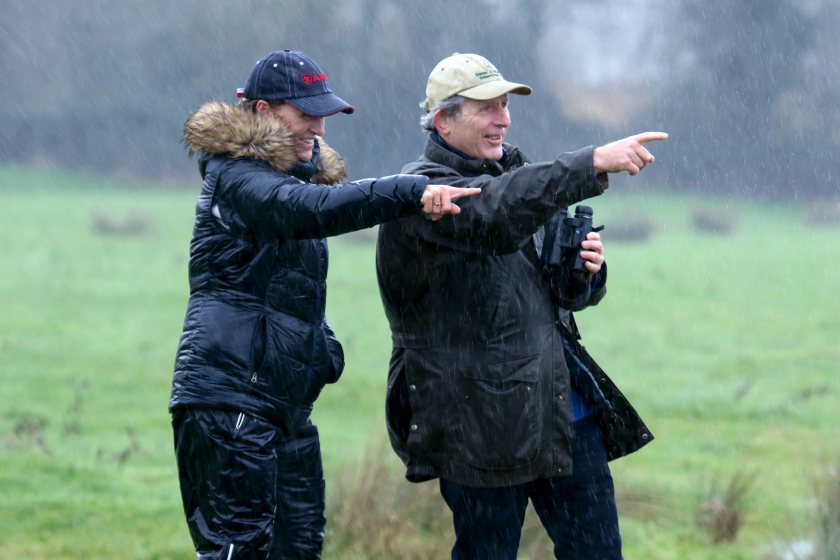
The annual Big Farmland Bird Count has been extended by another week as heavy snow and freezing conditions hamper farmers' efforts.
The Game & Wildlife Conservation Trust (GWCT) has taken the decision to extend the wildlife survey to enable land managers to count safely.
The event was due to run from 5 – 14 February, but people can now carry out the count until Sunday 21 February.
A number of farmers and gamekeepers have raised concerns over the weather's impact on the count, making it unsuitable or unsafe.
Dr Roger Draycott, who organises the event said: “The wintery conditions also tend to mean that the birds take shelter and are harder to spot.
"We are extending the deadline for completing the count until 21 February to allow anyone who has not been able to complete the count so far to do so.”
Jeremy Scott-Bolton, an environmental consultant who has taken part in the count every year since it began in 2014, said the weather had prevented him from participating.
"As an environmental consultant for FutureBiogas, I carry out a number of bird counts on sites across the east of England," he added.
"This week’s severe weather looked set to prevent me from completing this very important survey, leaving a gap in the annual data supplied to the GWCT.”
The annual initiative sees farmers across the UK spending 30 minutes of their time counting the bird species they encounter.
The project helps show which farmland birds are benefitting from conservation efforts while identifying the species most in need of help.
Last year more than 1,500 people farmers and land managers took part in the count.
The Big Farmland Bird Count is sponsored by the NFU, and also has the support of the Farmers’ Union of Wales (FUW) and the Ulster Farmers’ Union (UFU).
NFU President Minette Batters, who farms in Wiltshire said: “This year’s count highlights perfectly how farmers are balancing their roles as food producers alongside work in protecting and maintaining the environment.
"Over generations farmers have carried out a huge amount of work on farm to encourage wildlife by managing existing habitats and creating new ones specifically to help farmland birds."
